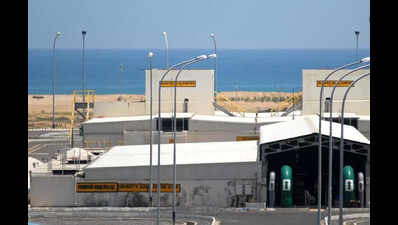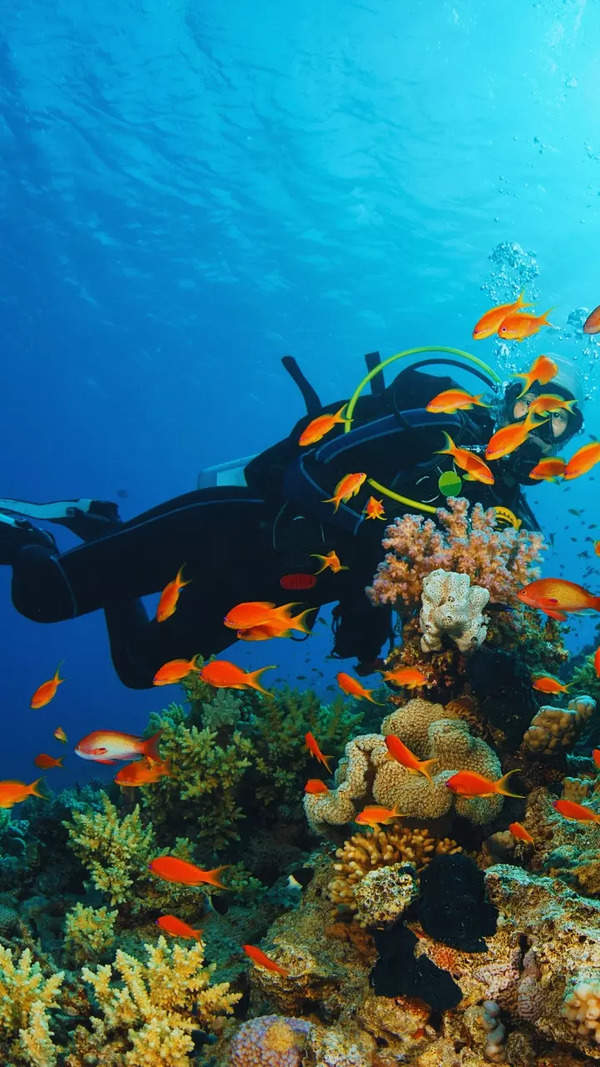- News
- City News
- chennai News
- One desalination plant down, two running at 50% as summer approaches
Trending
One desalination plant down, two running at 50% as summer approaches
Summer is around the corner and residents and businesses in Sholinganallur, Adyar, Perungudi, and Alandur may face drinking water shortages if Metrowater fails to fix its three desalination plants in time.
The Minjur desalination plant (100MLD capacity) has been non-operational for more than six months for maintenance. Officials say the reverse osmosis (RO) membrane filters are damaged and need to be replaced.
The two Nemmeli desalination plants, which have a combined design capacity of 260MLD, are functioning at only 50%-65% efficiency. Instead of supplying 260MLD as intended, they are delivering only 140MLD.
Metrowater says the Minjur plant will be restored within three months and that Nemmeli plants will be ramped up to full capacity as demand rises. However, officials have already started drawing more water from reservoirs and groundwater sources to compensate for the desalination shortfall.
Another issue is over-reliance on the reverse osmosis (RO) process, which has high energy consumption and low efficiency. For every 100MLD of seawater processed using RO, only 42MLD becomes usable freshwater, while 58MLD is discharged as brine.
Former NEERI scientist Swaminathan T suggested that Chennai should explore low-temperature thermal desalination (LTTD), a process that uses the natural temperature difference between surface seawater (warm) and deep-sea water (cold) to separate salt from seawater. This globally proven technology has been successfully implemented by the National Institute of Ocean Technology (NIOT) in Lakshadweep.
Meanwhile, Gujarat has adopted multi-effect distillation (MED), a desalination method that uses waste heat to evaporate seawater and condense it into fresh water. That state has commissioned a 100 MLD MED plant and is constructing four more with a combined capacity of 370-400 MLD. Experts say MED can also be combined with RO in hybrid desalination plants, making it an option Tamil Nadu could explore for future projects.
Despite these assurances, some residents report irregular water supply and poor quality of Metrowater. "Sometimes, the water we receive is discoloured, forcing us to buy packaged water or rely on private water tankers, which charge anywhere between 2,000 and 6,000 per load," said R Satish, a resident-activist from Thoraipakkam, who urged Metrowater to fix desalination plants quickly and expedite work on new projects.
End of Article
FOLLOW US ON SOCIAL MEDIA










